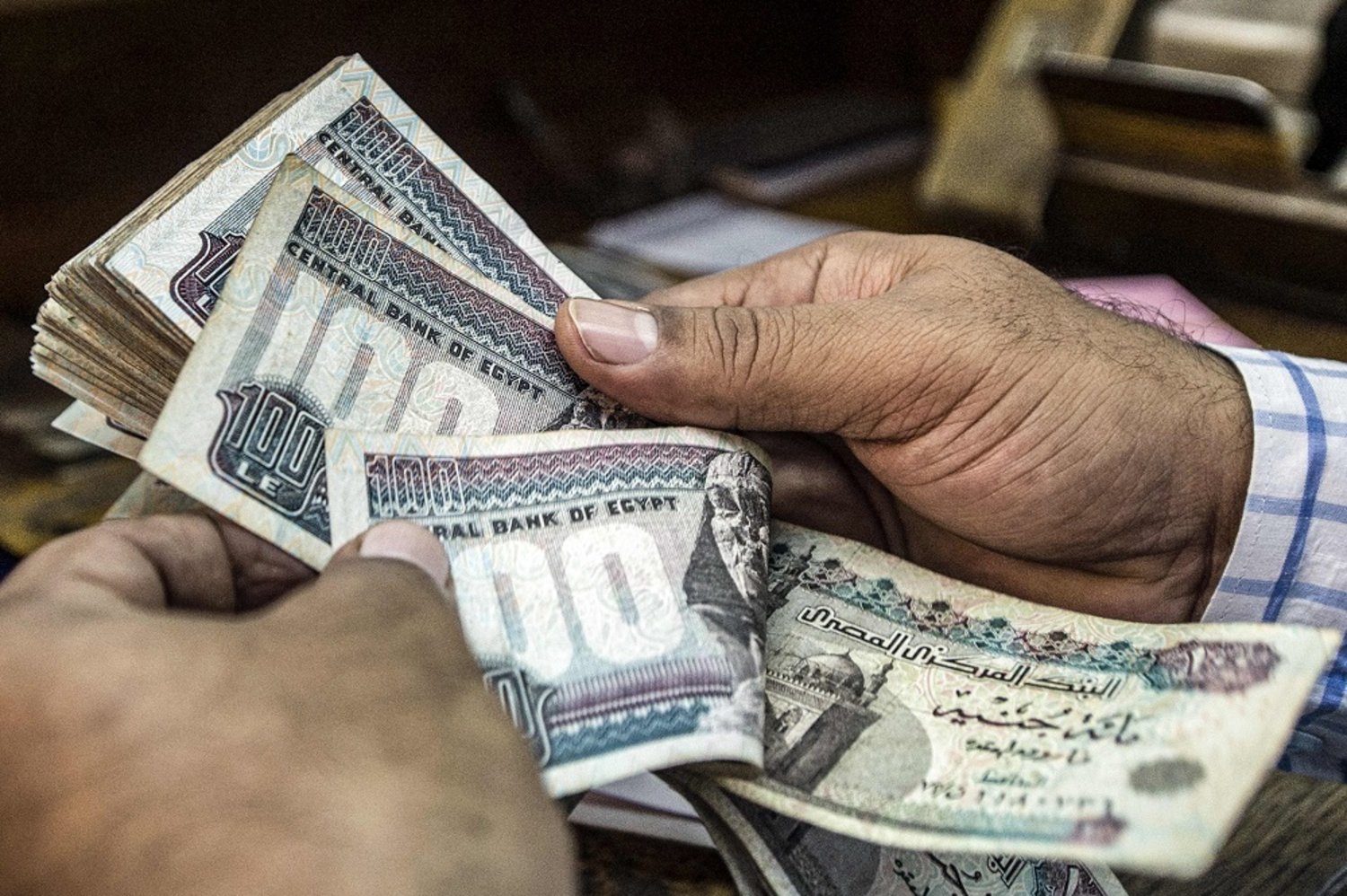According to a recent report by the Organization for Economic Co-operation and Development (OECD), Egypt’s Gross Domestic Product (GDP) is projected to grow to 5.1 percent by the fiscal year 2025-2026.
The report indicates that this growth will be driven by increasing consumption if inflation declines and fiscal support is gradually withdrawn.
The OECD projects Egypt’s GDP growth to moderate to 3.2 percent in fiscal year 2023-2024, with a gradual increase expected by fiscal year 2025-2026. Despite the prospects of consumption growth, several challenges persist. Weak investment prevails due to tight financing conditions, and export growth is subdued amidst regional tensions.
The report highlights the adverse impact of high domestic inflation, which peaked at 40.4 percent in September 2023. This inflation has dampened consumption, weakened the currency, and hindered investment.
Although inflation has gradually declined to 31.2 percent in January 2024, the OECD emphasizes the necessity of maintaining restrictive monetary policy until inflation reaches target levels.
Egypt faces significant financing needs, given its substantial budget deficit. While the initial 2023-2024 budget aimed to increase the primary budget surplus to 2.5 percent of GDP, the overall budget deficit is projected to remain substantial at -7.5 percent due to high spending on interest payments.
Additionally, international market funding has been constrained since early 2022, leading to capital outflows.
To promote private sector vitality, the OECD calls for regulatory reforms and the divestment of state-owned enterprises.
Reducing regulatory barriers, limiting the scope of state-owned enterprises, and strengthening fair competition are crucial steps to enhance private sector activity and productivity.






Comments (0)